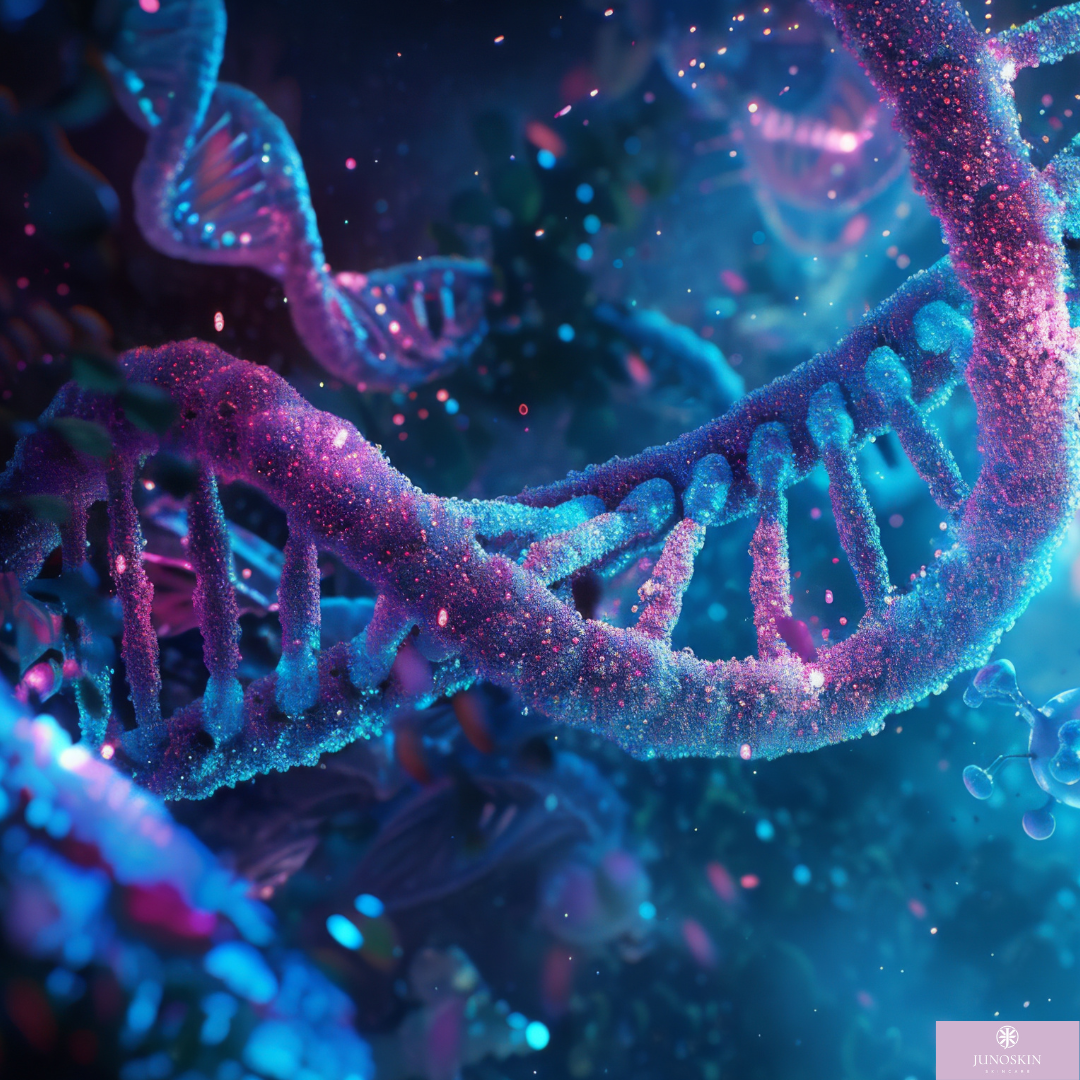Persea Gratissima Fruit Extract, sourced from the avocado fruit has scientifically substantiated properties, presenting a spectrum of benefits owing to its rich nutritional composition and molecular intricacies. Its multifaceted actions make it a sought-after ingredient, offering substantial contributions to skin health and rejuvenation.
Benefits:
- Lipid-Rich Nutrient Profile and Moisture Enhancement: Avocado Fruit Extract, abundant in essential fatty acids, including oleic acid and linoleic acid, contributes to its robust emollient properties. Its capacity to bolster the skin's lipid barrier aids in enhancing moisture retention, fostering optimal hydration levels, and promoting a supple, well-nourished skin texture.
- Antioxidant Potency and Free Radical Defence: Enriched with potent antioxidants such as vitamins E and C, Avocado Fruit Extract functions as a shield against oxidative stress. Its ability to neutralise free radicals combats premature ageing signs caused by environmental aggressors, fortifying the skin's defence mechanisms.
- Wound Healing Support and Tissue Repair: Scientific studies underscore Avocado Fruit Extract's role in facilitating skin regeneration. Its composition, including phytosterols and vitamins, promotes cellular repair, aids in wound healing, and reduces inflammation, fostering a rejuvenated and revitalised skin appearance.
- Collagen Synthesis and Skin Elasticity: Avocado Fruit Extract's potassium and lecithin content play a pivotal role in collagen synthesis and maintenance. This action assists in preserving skin elasticity, diminishing the visibility of fine lines and wrinkles, and promoting a more resilient and toned complexion.
- Anti-Inflammatory Proficiency and Skin Comfort: The extract showcases anti-inflammatory properties, attributed to its bioactive compounds. This feature is instrumental in soothing irritated or inflamed skin, mitigating redness, and enhancing overall skin comfort and balance.
Sources




